Process Automation and Control Application
3D Printing Machines: Achieving Material Precision with Flintec's Weight Measurement Systems
3D printing, or additive manufacturing, is revolutionising the way products are designed and manufactured across various industries. Flintec's cutting-edge weight and force measurement technologies play a vital role in ensuring the precise operation, quality control, and efficiency of 3D printing processes.
Types of 3D Printing Machines
The 3D printing industry has seen a surge in innovation with machines catering to different materials and applications. Here are some examples:
Fused Deposition Modelling (FDM)
FDM printers build objects layer by layer, using a continuous filament of thermoplastic material. Precision in the control of material flow is essential for quality outcomes.
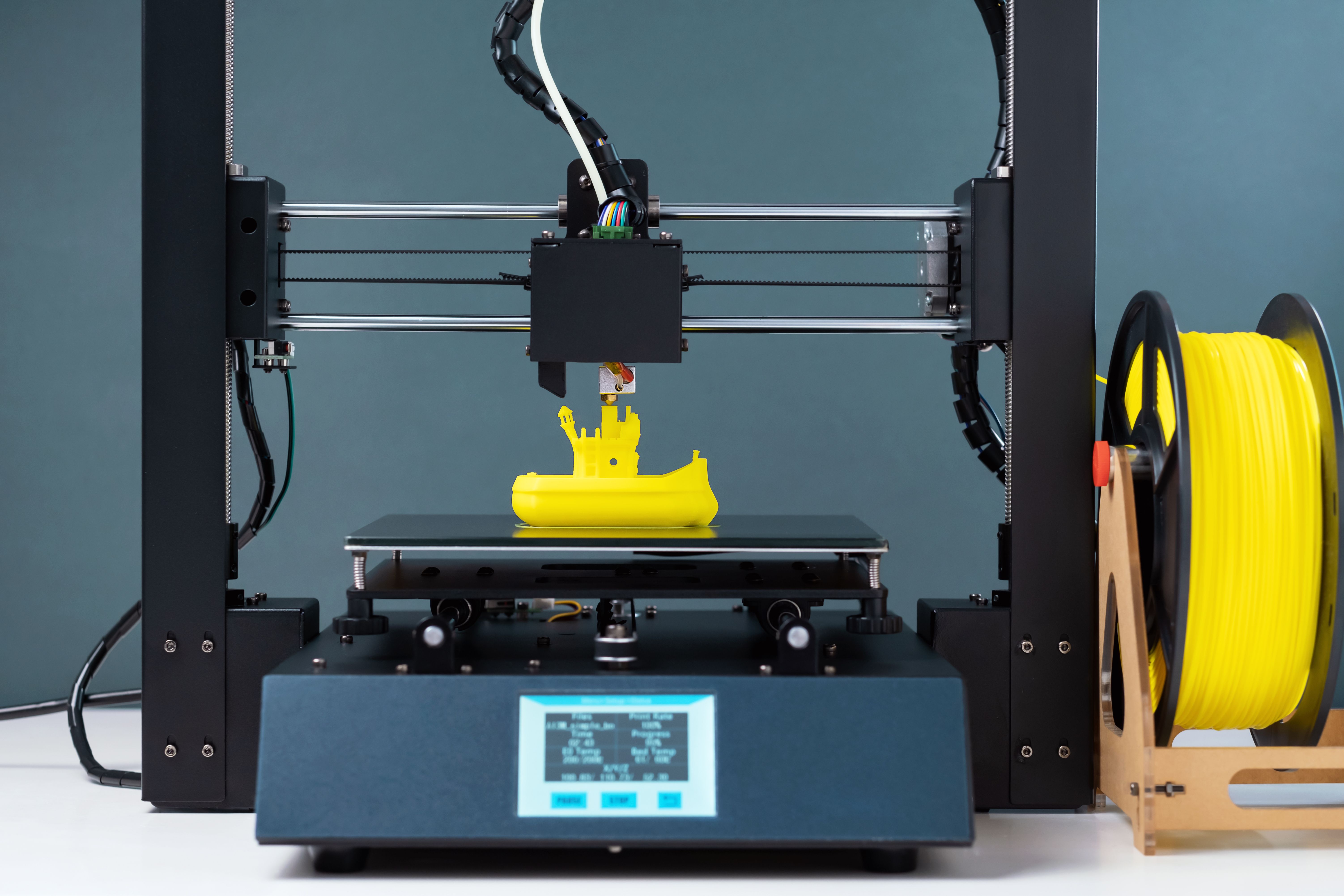
Stereolithography (SLA)
SLA printers use a laser to solidify layers of resin, creating highly detailed parts. Accurate force control is vital to prevent deformation and ensure consistency.
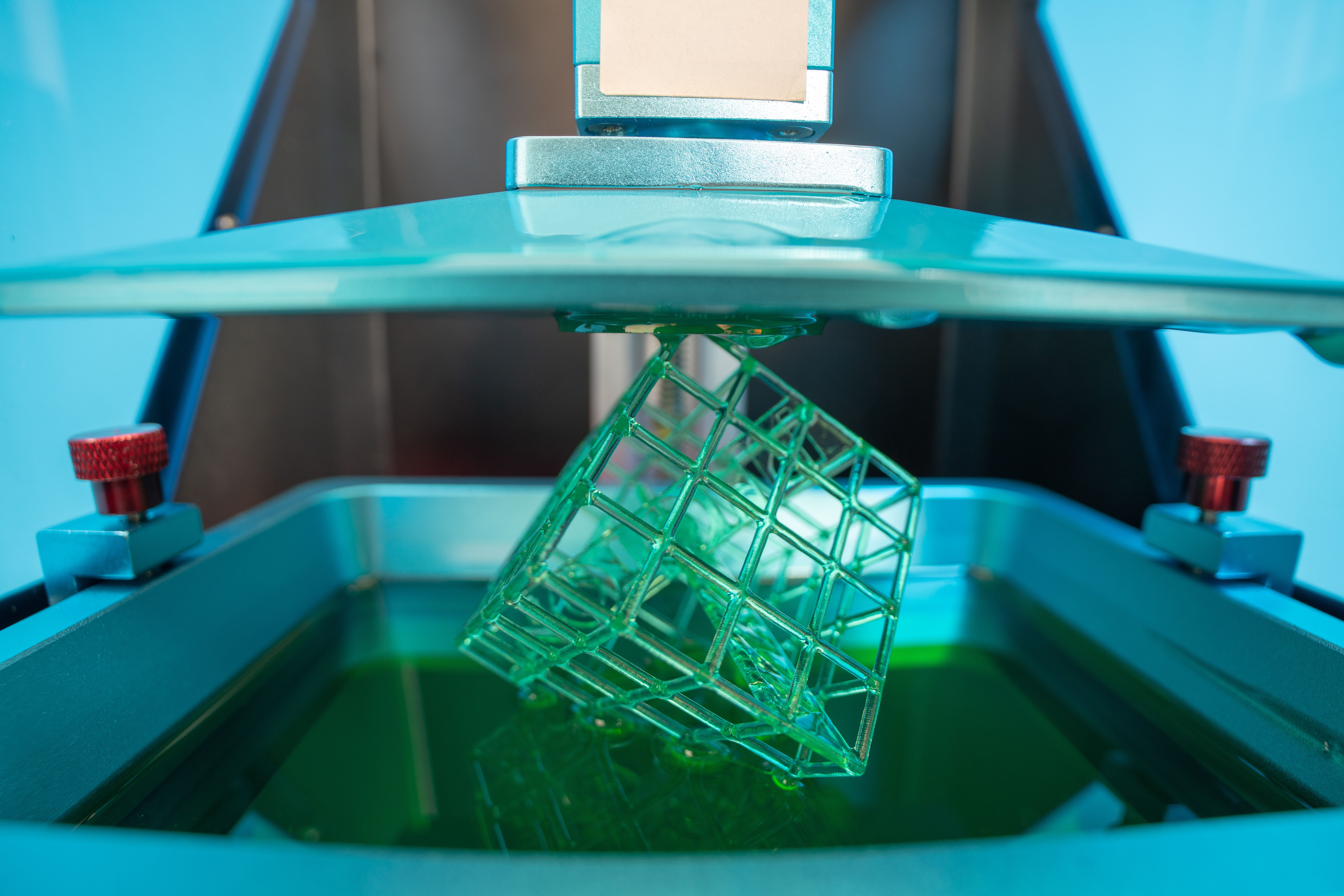
Selective Laser Sintering (SLS)
SLS printers use a laser to fuse powdered material, such as nylon or metal, layer by layer. Precision in the sintering process ensures structural integrity and dimensional accuracy.
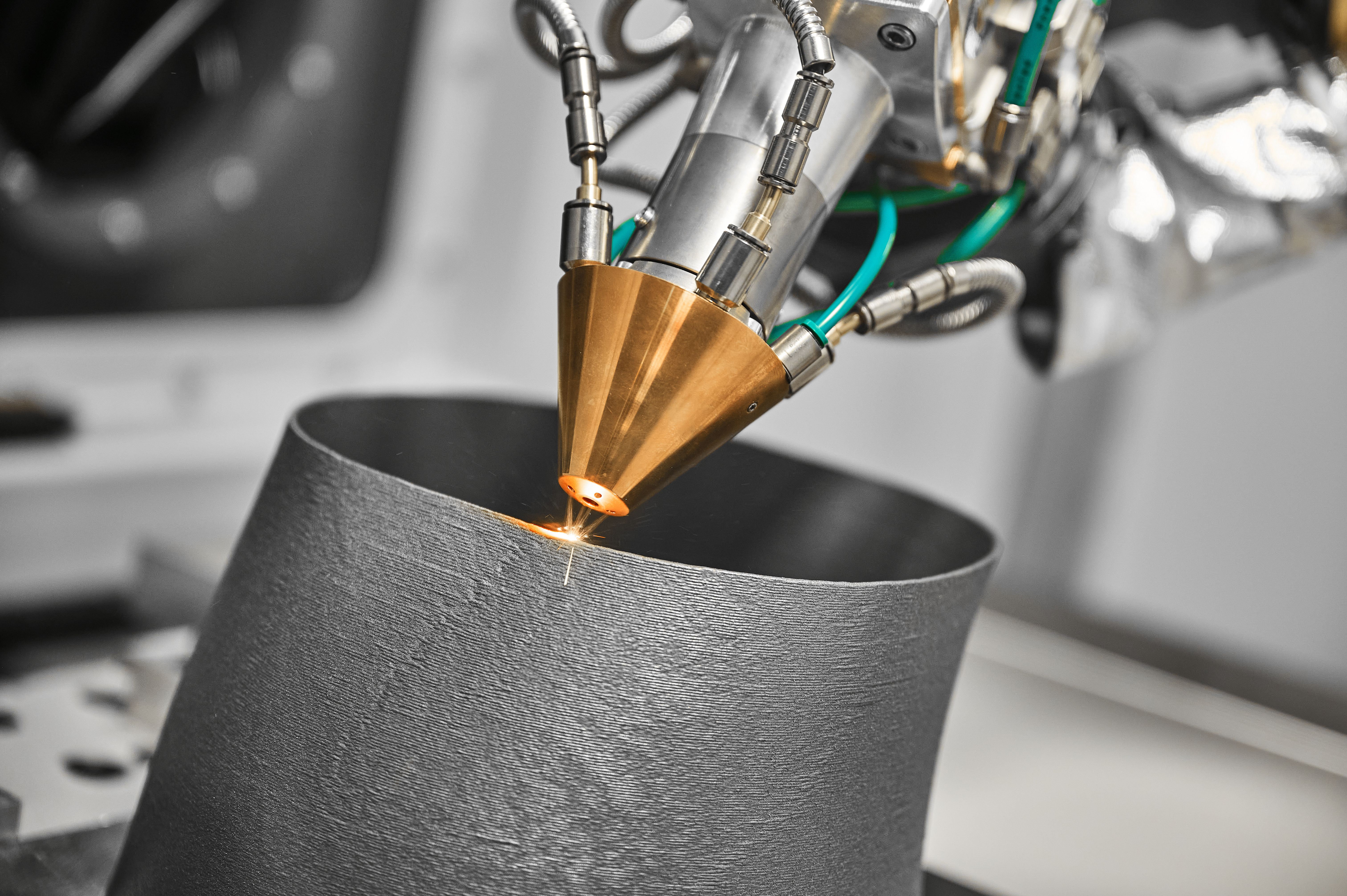
MultiJet Printing (MJP)
MJP printers use jets to deposit liquid material and a binding agent, allowing for complex geometries and multi-material printing. Accurate weight and force measurement ensure the correct material deposition.
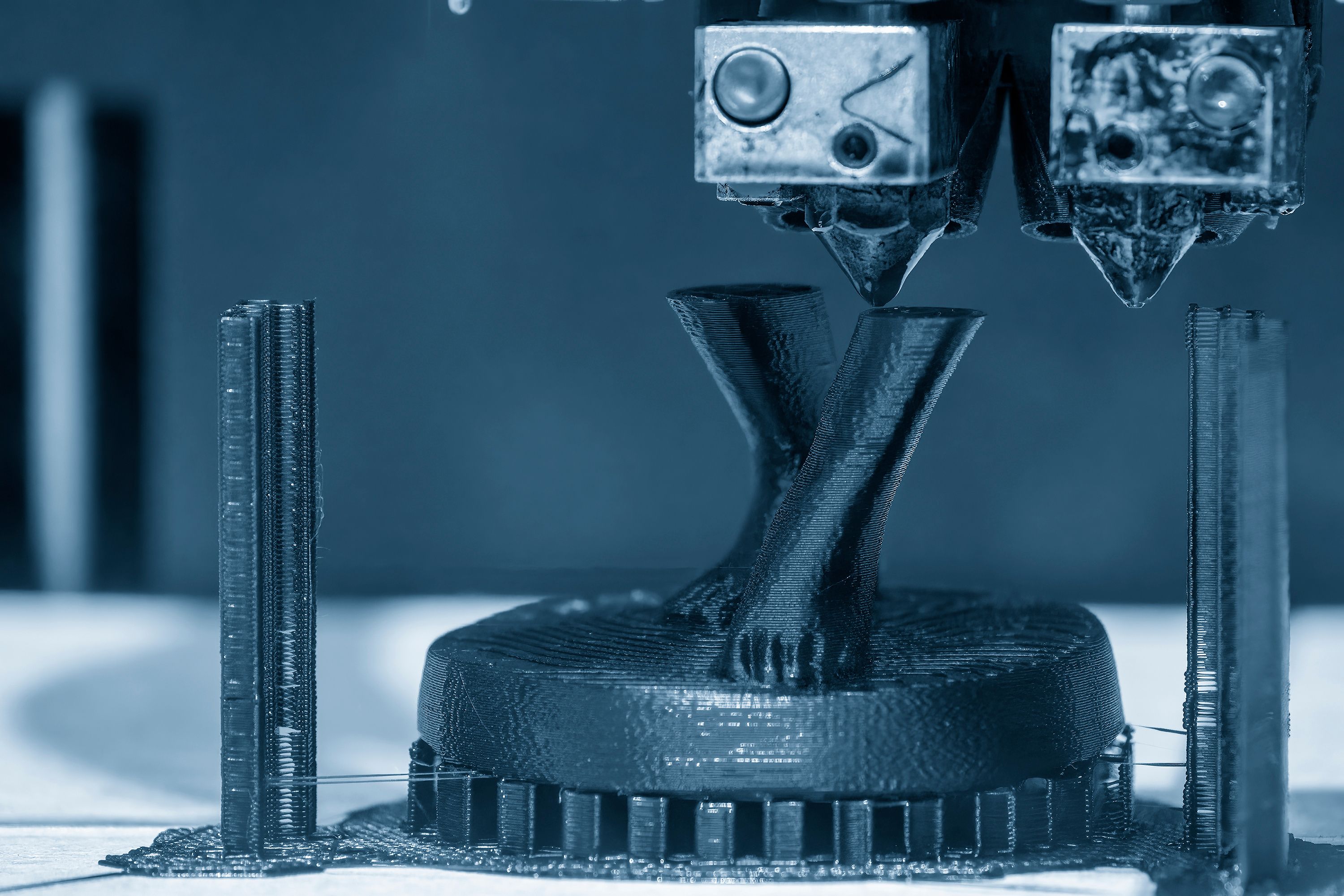
Metal Printing
Various methods are employed to print with metals, including Direct Metal Laser Sintering (DMLS) and Electron Beam Melting (EBM). These require rigorous control over material handling and process parameters.
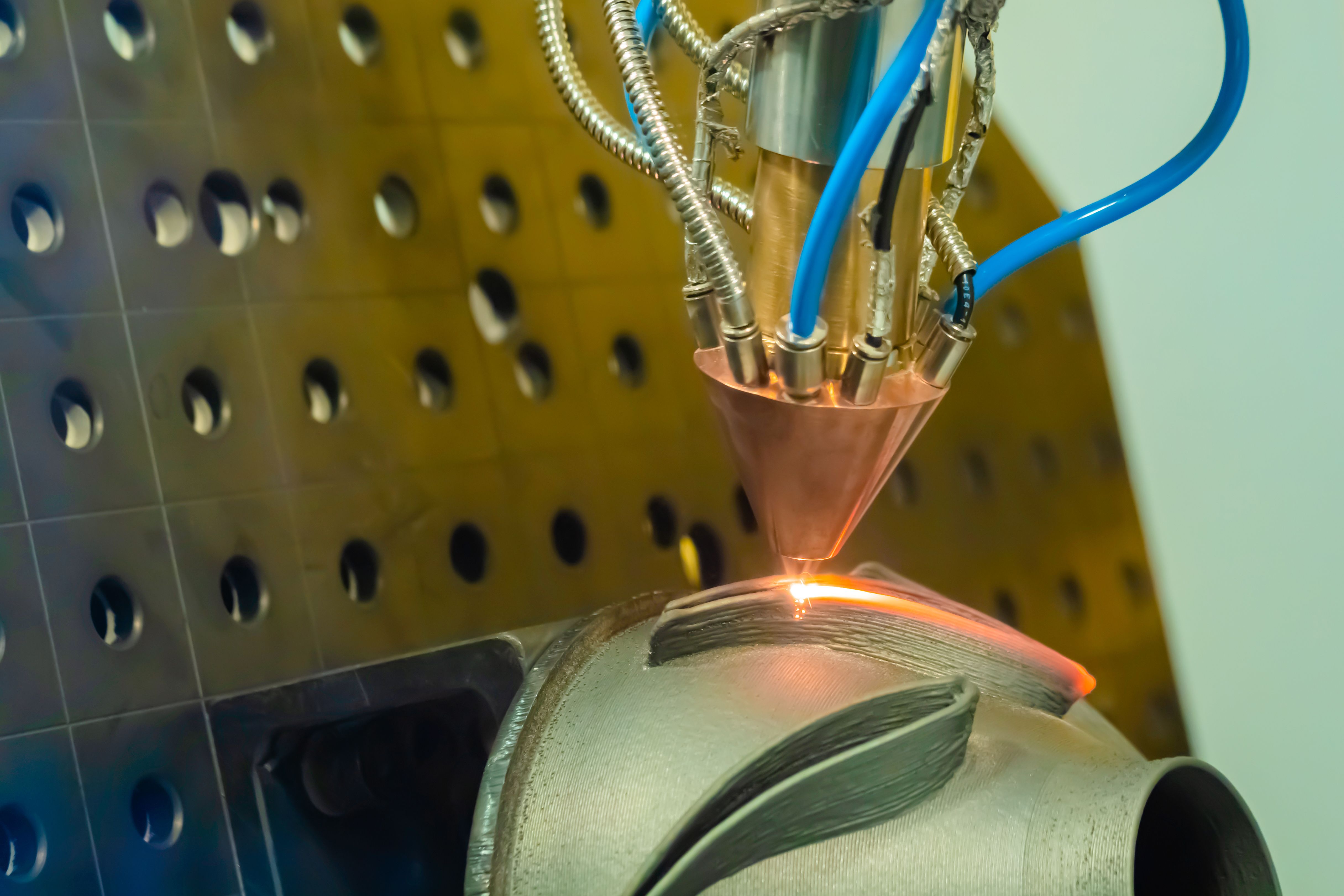
Integration of Flintec's Technologies in 3D Printing Machines
Incorporating Flintec's advanced sensors and technologies into 3D printing machines enhances functionality, quality, and efficiency. The benefits include:
Precision and Quality Control: Accurate weight and force measurements enable precise control over the printing process. Flintec's sensors allow for fine adjustments in material flow, layer thickness, and sintering pressure, ensuring optimal quality and consistency.
Enhanced Operational Safety: Flintec's monitoring technologies can detect anomalies or inconsistencies early, reducing the risk of malfunctions or defects. This proactive monitoring ensures a high level of safety in 3D printing operations.
Efficiency in Printing: Automation and accurate monitoring streamline the 3D printing process. Flintec's technologies lead to faster printing, reduced waste, and greater repeatability, saving valuable time and resources.
Customisation and Adaptability: Flintec's sensors can be tailored to various types of 3D printing machines, allowing for customised solutions that cater to the unique needs of different printing technologies and materials.
Compliance and Traceability: In industries where quality control is paramount, Flintec's sensors ensure accurate data recording. This supports adherence to industry standards and provides essential information for quality assurance and regulatory compliance.










